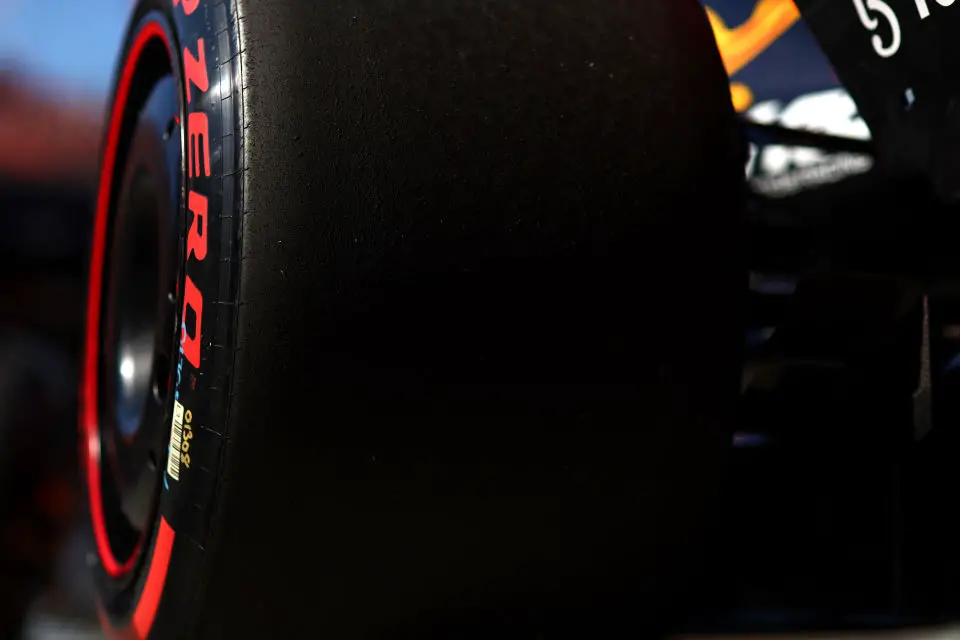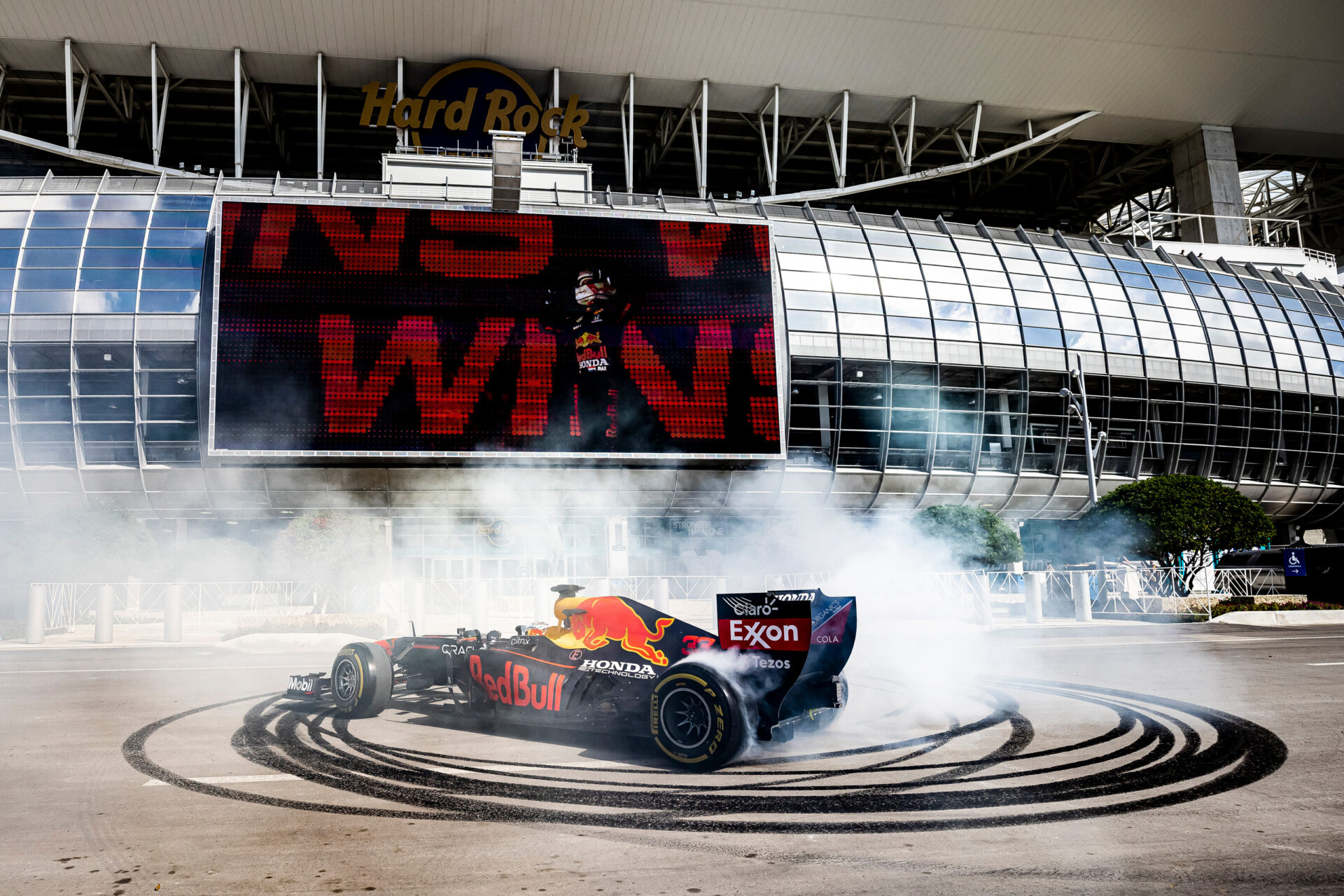Pirelli’s Final Lap: New F1 Contract Marks End of an Era
In a significant shift for Formula 1, Pirelli’s latest contract with the sport, running until 2028, has been confirmed as its final stint as the sole tire supplier. This decision follows intense deliberations, favoring Pirelli over Bridgestone, despite financial similarities between the two contenders.
Key Takeaways:
- Pirelli’s Future in F1: Pirelli, after winning against Bridgestone, is set to remain Formula 1’s exclusive tire supplier till 2027, with a possible extension to 2028. This marks the end of its long-standing involvement in the sport, dating back to its selection over Bridgestone.
- The Decision-Making Process: F1 CEO Stefano Domenicali, under commercial pressure, ultimately chose Pirelli, perceiving it as a ‘safe option.’ This choice was influenced by Pirelli’s familiarity with the modern, heavier F1 cars that create more downforce and tire load, compared to the era when Bridgestone was the supplier.
- Bridgestone’s Potential Return: Despite missing out on this contract, Bridgestone remains a strong contender for becoming the tire supplier post-2028. However, concerns about their ability to adapt quickly to the evolving F1 car specifications and impending technical changes in 2026 linger.

In an era where technical advancements and strategic partnerships are pivotal, Pirelli’s latest contract with Formula 1 signifies a landmark decision. Bridgestone, once a dominant force in F1 tire supply from 1998 to 2010, was a close competitor in the bid. Yet, it was Pirelli’s proven track record with the current generation of heavier and high-downforce F1 cars that clinched the deal.
F1 CEO Stefano Domenicali faced a tough decision, with both financial and technical factors at play. Opting for Pirelli, a brand synonymous with F1’s recent era, Domenicali prioritized continuity and reliability over a potential shift back to Bridgestone. The Italian manufacturer’s expertise in handling the immense load exerted by modern F1 cars gave it an edge, minimizing the risk of unforeseen challenges in tire performance.
However, the path wasn’t without its hurdles. Doubts were cast over Bridgestone’s ability to adapt to the current F1 car specifications in a short span. Furthermore, the impending technical regulation changes in 2026 meant Bridgestone would need to develop two different tire specifications within the first two contract years, a daunting task for any manufacturer.
As per the BBC, the announcement of this final contract with Pirelli is expected post the Qatar Grand Prix. While this marks the end of an era for Pirelli in F1, it opens up possibilities for Bridgestone’s return. But, as the dynamics of F1 evolve, only time will tell how future tire supplier decisions will shape the sport’s technical and competitive landscape.



